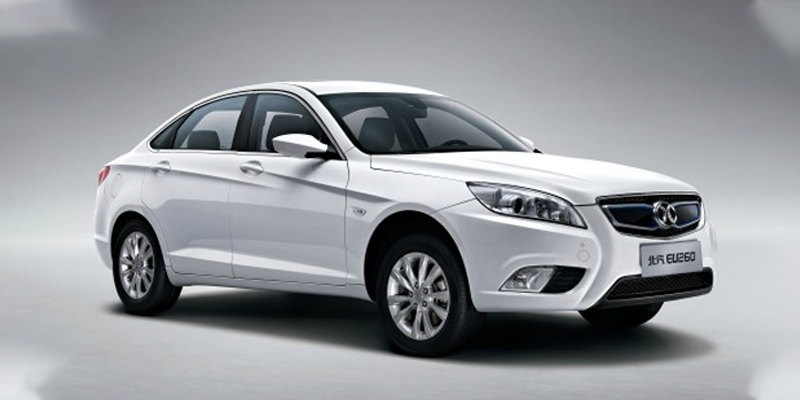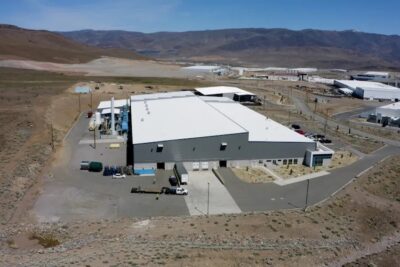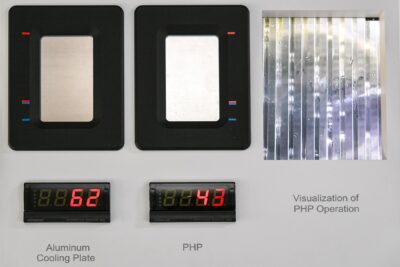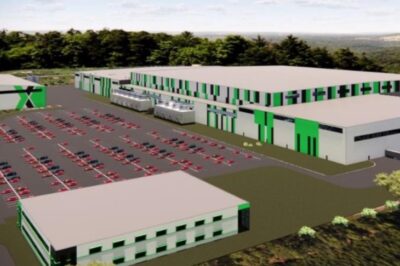BJEV plans to build 3,000 battery swapping stations
BJEV, the electric car subsidiary of the Chinese manufacturer BAIC, plans to invest ten billion yuan (1.28 billion euros) in the construction of 3,000 battery changing stations. According to BJEV President Ma Fanglie, the goal is to supply half a million electric vehicles with fresh batteries by the end of 2022.
As the China Daily reports, BJEV wants to decouple the costs for the batteries from the purchase price of the electric cars through the battery exchange principle against the background of falling subsidies in China – by leasing the batteries. “This will make cars much more affordable,” Ma is quoted in the article.
Replacing the battery should only take three minutes. In addition, BJEV wants to use so-called maintenance charging to ensure that the service life of the batteries can be extended by 30 to 60 per cent compared to batteries charged conventionally using the fast method. Trickle charging is the term used to describe the charging of a battery to compensate for its self-discharge. Ma does not consider the battery exchange principle to be the only solution, but says that, “battery replacement will be an important alternative, especially for vehicles used for public transport”.
According to BJEV, it has already built 160 battery exchange stations for 13,000 vehicles in a dozen cities, including Beijing and Xiamen. Cars designed for this technology will gradually become more and more popular. According to the China Daily, the authorities in Beijing, for example, have decided to include 6,000 electric vehicles in their taxi fleet that are capable of changing batteries. A further 20,000 vehicles are to be added in 2020. BJEV itself currently offers three models that support battery replacement – including the EU260 and EU300 sedans.
In addition to BJEV, the Chinese electric car manufacturer Nio is also relying on a network with battery exchange stations. The company has already completed eight stations on the G2 motorway between Beijing and Shanghai. At the end of August, Nio recently announced that its car owners could use the exchange service free of charge. The above report mentions 80 battery exchange stations that Nio has built in China. By the end of 2020 there should already be 1,100 locations.





0 Comments